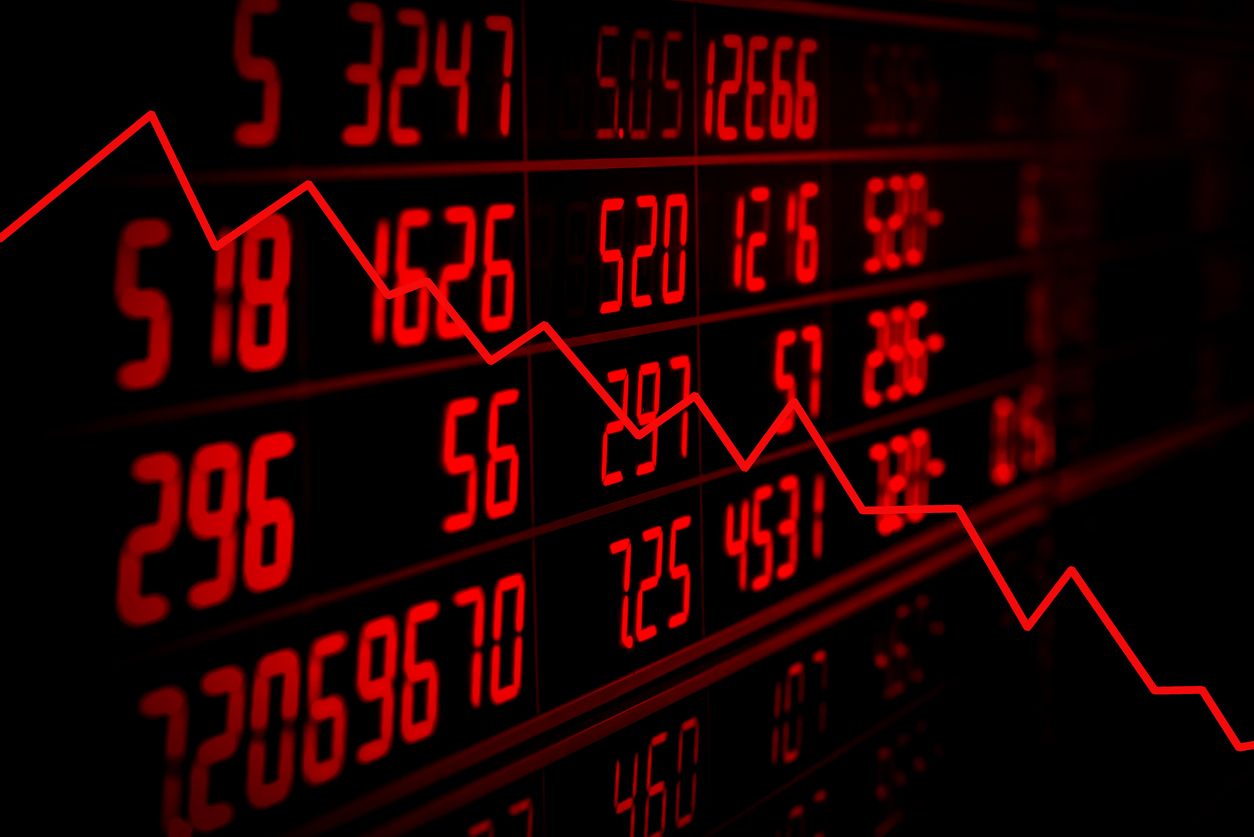- Ginkgo Bioworks has agreed to acquire fellow biotech and cell engineering company Zymergen for $300 million. Both companies have worked on developing products for the food and agriculture industries but more recently moved into healthcare.
- The two publicly listed US-based companies agreed to an all-stock transaction whereby Zymergen shareholders will get 0.9179 Ginkgo shares for each Zymergen share.
- Ginkgo will integrate Zymergen’s “complementary automation, software, and data science tools as well as biological assets,” and fill staffing gaps Ginkgo, which is now valued at $4 billion, had planned to hire for, according to a press release.
- The two companies were once pitted against each other
Why it matters:
This is Ginkgo’s largest acquisition to-date. But it’s also the end of a steep downhill trend for Zymergen, a company once valued at $3 billion after raising nearly $1 billion in venture funding before it listed on the Nasdaq stock exchange with a $500 million IPO. When it became clear, just months after listing, that the company would make little if any commercial revenues in 2022, its stock plunged and its CEO was replaced. Financial statements put Zymergen revenues for 2022 so far at just under $5 million.
After researching cell manufacturing for several sectors, including biological alternatives to traditional crop inputs, Zymergen’s first commercial product was Hyaline, a translucent film to be used in flexible touchscreen devices. As reports came in from customers about challenges in using the product, combined with a slower-than-expected growth rate for flexible screens, the company’s stock was soon in freefall.
It’s unclear how and when demand for Zymergen’s other product lines or research dried up; in 2018, an interview with one of its investors indicated $500 million of sales of “Zymergen-driven products” already. And its chief commercial officer Tom Stephenson, who would not disclose its customer base, told AFN that it was selling biobased crop inputs to cooperatives and other large companies that then sell directly to farmers.
Zymergen’s private market investors included Japan’s SoftBank Vision Fund, DCVC, True Ventures, and Baillie Gifford.
Latterly Zymergen created a drug discovery business to focus initially on precision medicines for high-value oncology targets. Ginkgo hinted that it may sell this part of the business, however.
Ginkgo, which was valued at $15 billion at IPO, is now at $4 billion. The Zymergen acquisition is expected to be completed by the first quarter of 2023.




